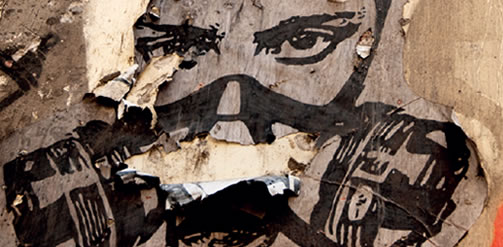The ‘Power, Violence, Citizenship and Agency’ (PVCA) project is an action research project designed by researchers at the Institute of Development Studies (IDS) and carried out with a number of institutional partners.
The project:
- Addresses the need to shift from a state-focused to a more citizen-centred perspective on contexts of fragility and chronic violence
- Aims to understand how citizens deal with violence, in particular how they confer legitimacy to, or withhold it from, the various forms of leadership and authority in their environment.
- Engages with the debates on political settlement by showing how the non-elites view the political settlement in their context, and how it informs their agency in response to violence.
The action research project consists of multiple components, linking research to knowledge brokering and capacity building, specifically with local partners around:
- A series of case-studies.
- Specifically for local partners: capacity building and reflexive practice for partners and social leaders that work to overcome situations of violent conflict.
Download the Power, Agency, Citizenship and Agency project information leaflet
Case studies
- Egypt case study by Mariz Tadros which will be linked to the IDS research stream on ‘Addressing and mitigating violence’, funded by UK Aid. This study examines the causes and dynamics of violence after the demise of President Mubarak up to present times. It explores the extent to which the political settlement that emerged in February 2011 was responsible for the rising violence and the ensuing revolt in June 2013.
- Kenya case study by Patta Scott-Villiers which will be linked to the IDS research stream on Addressing and mitigating violence, funded by UK Aid. The case study focuses on how citizens live through and mitigate different types of violence in Marsabit and in an Nairobi slum area.
- South Sudan case study by Marjoke Oosterom, funded by ICCO. The case study provides a gendered perspective on leadership and different forms of violence experienced by people in Eastern Equatoria state.
- Zimbabwe case study by Marjoke Oosterom, funded by Hivos Zimbabwe. The case study looks at the strategies of youth in dealing with political violence.
- Colombia action research project undertaken by Rosemary McGee, funded by SDC through the IDS project ‘The Governance of Service Delivery’. The project will be structured around three intensive participatory action learning workshops with local social actors.
Infographic on principles for creating a theory of change
The capacity building work with local partners led to the emergence of principles for creating a theory of change when working in contexts of violence and conflict. Since deciding whether or not to work in such contexts is a challenge as a result of increased levels of risk and volatility, a Theory of Change is best used as a way to understand and contribute to a change process rather than as a roadmap for achieving specific aims.
Image: Graffiti on Mohammed Mansour St, Cairo, Egypt. Credit: J. Matthews – Panos

